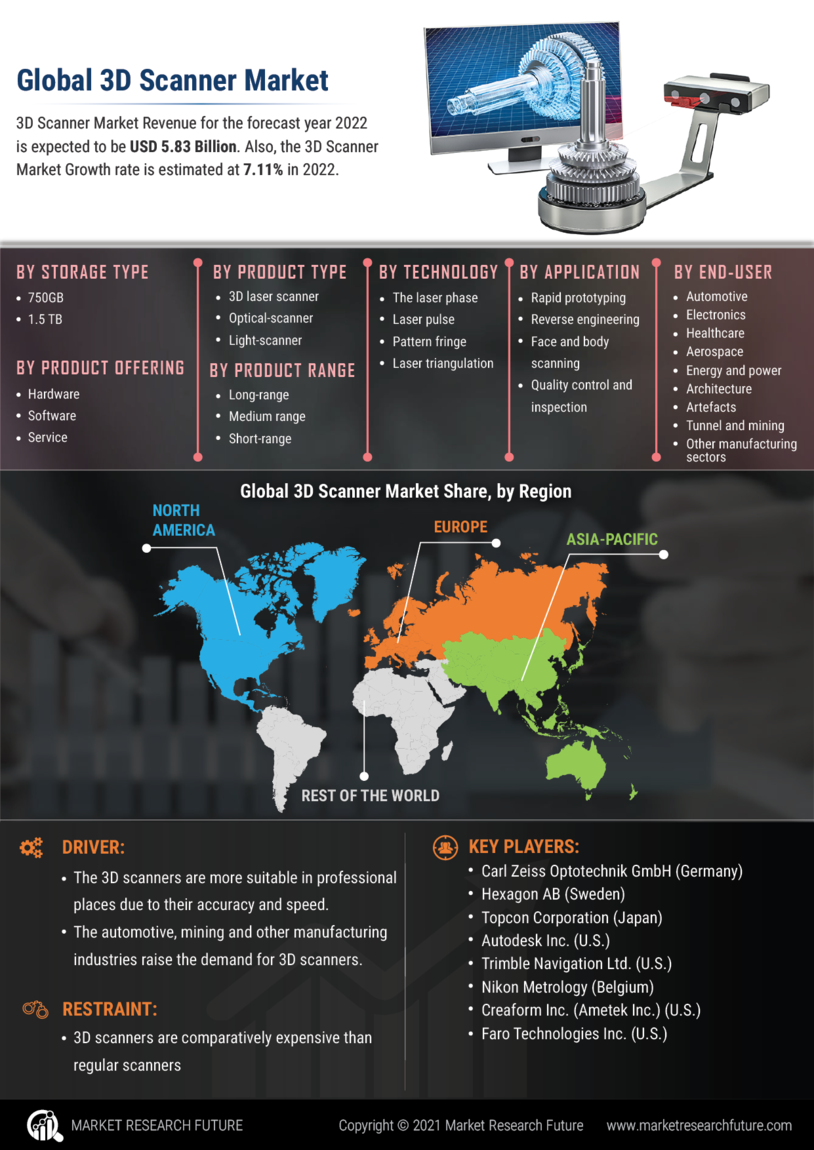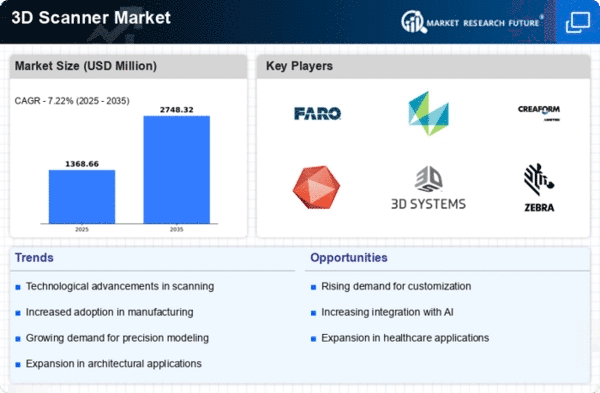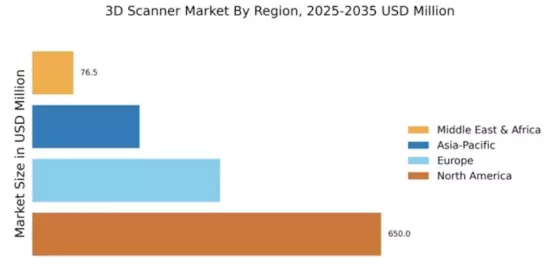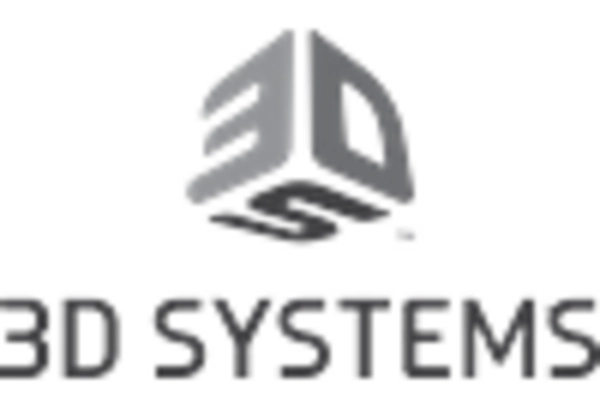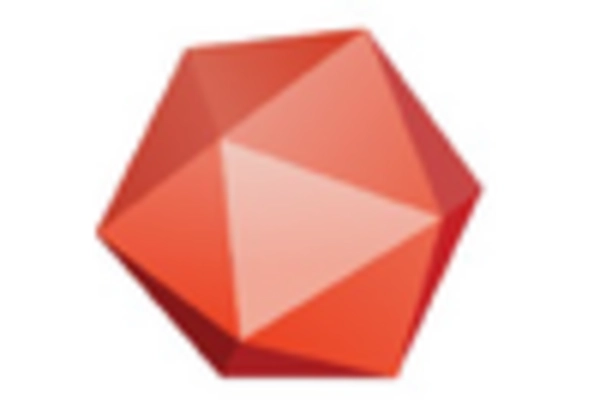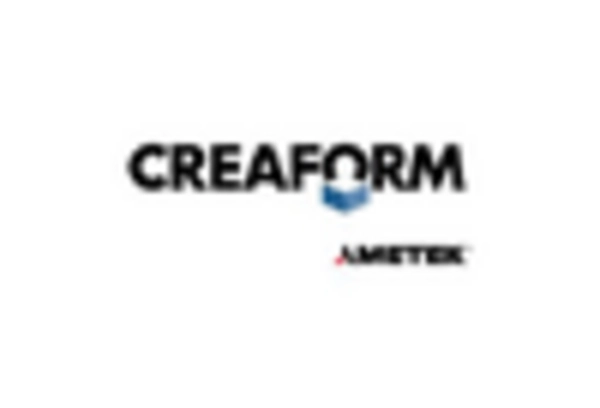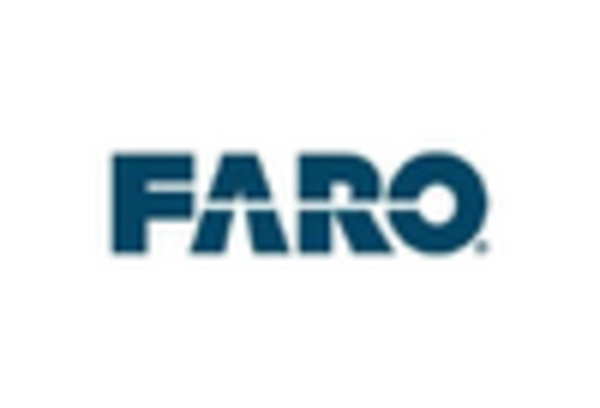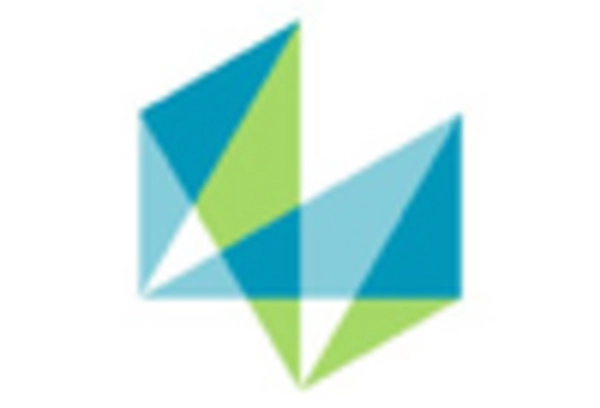Research Methodology on 3D Scanner Market
Introduction
The research methodology this paper proposes focuses on three aspects: Designing the studies, collecting data, and analyzing and interpreting the data. To carry out a comprehensive research on the 3D scanner market, a systematic research methodology is essential. This research is based on a survey method and evaluation of documents and publications pertaining to the industry. The purpose of this research report is to investigate the current and future trends in the 3D scanner market and develop a qualitative and quantitative study of the market’s current and future growth potential.
Design of the study
To design the study, a literature review is conducted to identify aspects that are most relevant to the research. The literature review includes a review of current studies, reports, and articles on the topic, along with data analysis and market research analysis. The objective is to identify and discuss trends, issues, and opportunities in the 3D scanner market.
The research design also includes a survey method. The survey is conducted through email and telephone interviews. The survey questions are designed to help assess the current market trends, customer’s requirements and preferences, and potential future opportunities. The survey contains both open-ended and closed-ended questions.
Data collection
Data is collected from various industry sources, including reports from government sources, industry publications, and research organizations. Data is also collected from companies in the 3D scanner industry, including vendors, distributors, and end users. Moreover, the survey responses provided valuable insight into the preferences of customers and the current trends in the market.
Analysis and interpretation
To analyze and interpret the data, a variety of techniques are employed. These include: Descriptive statistics, Cross Tabulation, Reliability Analysis, Cluster Analysis and Multivariate Analysis. Descriptive statistics are used to draw inferences on quantitative variables, such as usage and growth rates. Cross Tabulation is used to assess the relationships among variables, such as the effects of price range on purchase decisions. Reliability analysis is used to check the accuracy of the data. Clustering is used to analyze customer clusters. And Multivariate Analysis is used to explore the correlation among different variables.
Conclusion
The methodology proposed in this report provides a comprehensive approach to investigate the current and potential future trends in the 3D scanner market. With the help of a systematic research methodology, valuable data is collected and analyzed to gain insights into the market’s current and future growth potential. This research methodology can be used to develop a comprehensive understanding of the 3D scanner market and help guide its development.
